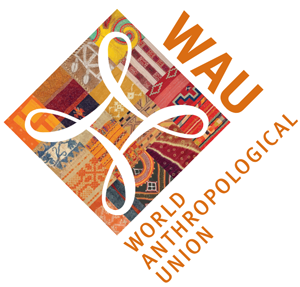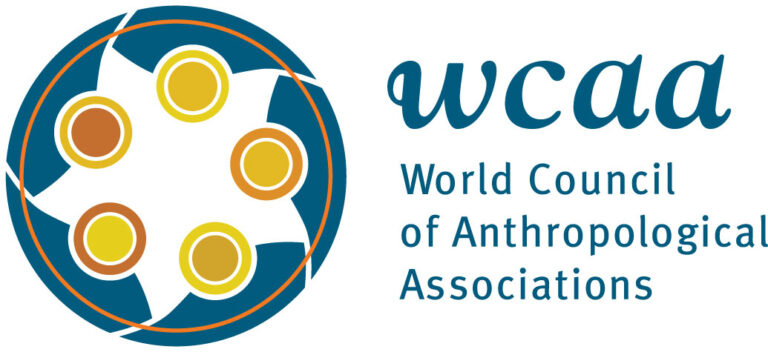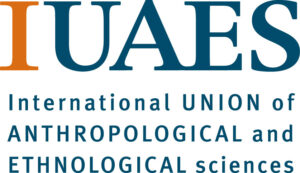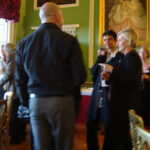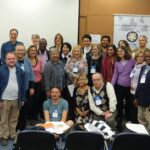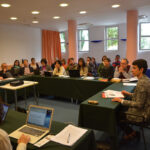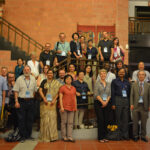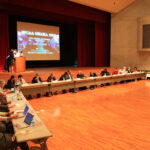History

The World Council of Anthropological Associations was established in Recife, Brazil, in 2004, where representatives of fourteen anthropological associations met at the initiative of Gustavo Lins Ribeiro, as funded by the Wenner-Gren Foundation. The aim of this meeting, as recounted by Thomas Reuter, in his essay on the WCAA for The International Encyclopedia of Anthropology, was to create opportunities for greater collaboration among different anthropological associations in different regions, which hitherto had often followed their own separate paths. As Reuter writes, “the discipline of anthropology was lagging behind in its own internationalization, despite the fact that anthropology is fundamentally a global endeavor.” The WCAA was created in the effort to overcome this lag. It has grown and flourished in this effort over the past two decades, although the struggle to create a truly global anthropology remains ongoing.
Gustavo Lins Ribeiro, from the Brazilian Association of Anthropology, was the WCAA’s first chair (2004-2005), followed by Junji Koizumi from the Japanese Society of Cultural Anthropology (2005-2008), Thomas Reuter, from the Australian Anthropological Society (2008–2012), Michał Buchowski from the Polish Ethnology Association (2012–2014), Vesna Vučinić Nešković, from the International Association for Southeast European Anthropology (2014–2016), Chandana Mathur from the Irish Anthropological Association (2016-2018), Carmen Rial from the Brazilian Association of Anthropology (2018-2021), and Isaac Nyamongo from the Pan-African Anthropological Association (2021-present). Key meetings of the WCAA have taken place in Recife, Brazil, in 2004, in Osaka, Japan, in 2008, in Kunming, China, in 2009, in Maynooth, Ireland, in 2010, in New Delhi, India, in 2012, in Manchester, England, in 2013, in Chiba, Japan, in 2014, in Taipei, Taiwan, in 2015, in Dubrovnik, Croatia, in 2016, and in Florianopolis, Brazil, in 2018. Delegates from developing countries or small associations were subsidized to attend these biennial meetings through the generosity of the Wenner-Gren Foundation. The extent to which meetings in the future, in the wake of Covid-19 as well as of ongoing technological advance, will involve physical travel or will be on-line or a combination of these, of course, remains to be seen. What will be the nature of future anthropological communication and interaction?
Aside from the above listing of chairs, numerous anthropologists from around the world have played important roles on the Organizing Committee or as delegates of the WCAA; it truly has served as a means of global communication among anthropologists. The WCAA has grown over the past two decades partly because of its own efforts but more because this has been the direction of anthropologies around the world: increasingly, anthropological journals and associations around the world realize that anthropology is global and must have global representation. At the same time, the Anglo-American anthropological hegemony that was a major motivator in the initial creation of the WCAA remains, particularly in the guise of global university rankings and citation indexes. Global anthropology is very much still in the process of formation, and the WCAA, in its collaboration with IUAES in the World Anthropological Union, is at the very heart of this formation. We will continue to work to create a truly global anthropology and welcome the support and aid of all of you who read this.
References
Reuter, Thomas. 2018. “World Council of Anthropological Associations (WCAA).” The International Encyclopedia of Anthropology, Hillary Callan, ed. Hoboken: John Wiley & Sons.
